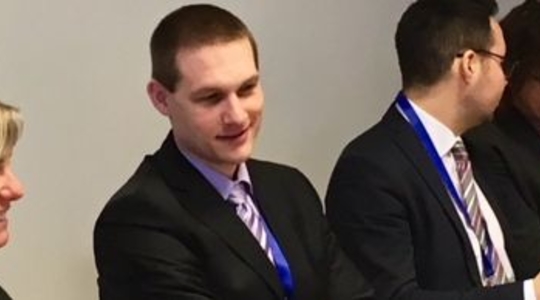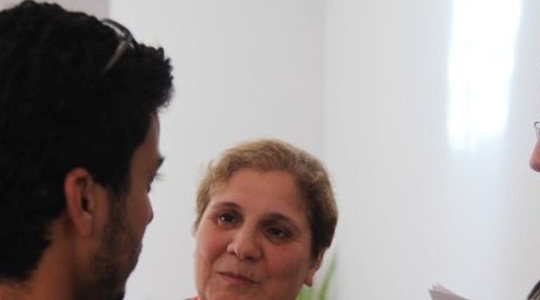This simulation game analyzes the current European migration policy. It shows institutional mechanisms of decision making processes within the European Union. Furthermore, the simulation game highlights the impact of such decisions on local communities. The preparation phase sets focus on the causes for migration (so called „push“ and „pull“ factors). During the simulation game, fundamental social conditions will be debated. Topics are self- and external perception, the idea of walling-off and problems of integration as well as questions concerning political regulations on transnational migration. Using this experience based learning method, participants will be able to conceive the complex of problems concerning migration in its entity.
Scenario & Procedure
During the simulation game, the participants will have to react to an acute refugee crisis. In the first instance, they will participate in a fictional conference on European level. Here, the participants will try to agree on measures to counteract the precarious humanitarian situation. However, besides from humanitarian aspects, the decision making process is substantially influenced by economical and political interests as well. In the following second part, the participants will slip into the role of local actors living on a small island in the Mediterranean. As members of the municipality, labor union, local non-governmental organizations, chamber of commerce a.o. they will try to implement the decisions made beforehand.
Objectives
In the first instance, the simulation game will cause a sensitization regarding the issue of migration and the social and political conflicts inherent to it. The simulation game particularly focuses onrising awareness regarding the need and possibilities of cooperation to find a solution for social and political problems outside a single state perspective.
Learning Goals
- Overall insight into the topic of migration (push- and pull factors, skills shortage, aging of societies, xenophobia, a. o.)
- Current European Union migration policy
- Insight into the complex of problems regarding decision making processes within the EU



